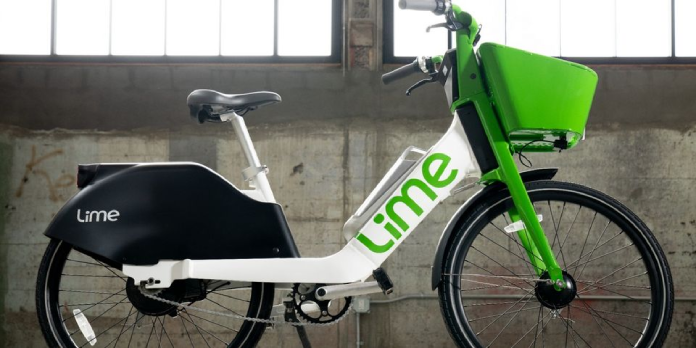Lime’s Gen4 e-bike, which features a swappable battery, has finally arrived in the United States, over a year after it was first announced.
Lime has finally debuted its Gen4 e-bike in the United States, almost a year after introducing it in March 2021. EVs, or electric vehicles, are growing more popular in the United States and worldwide as global warming and climate change become important concerns. While vehicles and trucks are at the vanguard of the electric vehicle revolution, e-bikes are also gaining traction. As a result, lime expects its latest product to enhance its customers’ e-bike experience.
With environmental concerns at the forefront, e-bike rentals are growing in popularity, with major players like Lime, Spin, and Bird among the most well-known. E-bikes are also gaining popularity in the retail market, with some reports claiming that one of these vehicles was sold every 52 seconds in 2020. However, it does not receive the same level of attention as the electric car industry, which benefits from infrastructural expenditures, federal subsidies, and green energy grants that are not available to consumers of these vehicles.
The Lime Gen4 e-bike has several hardware improvements over its predecessor, the most prominent of which is the interchangeable battery with Gen4 scooters. In addition, according to a press statement, the motorcycles have a more powerful motor than previous models, an automatic two-speed transmission, and even a phone holder. The e-bike also includes a modern digital display on the handlebar, similar to those found on the company’s e-scooters. Lime also claimed that the modular design would allow new e-bikes to last up to five years in its fleet before replacing them.
This Spring, we’ll be in more places.
The new bikes are said to have a better mechanism for tackling steep inclines and assisting riders in climbing hills. In addition, Russell Murphy, Lime’s senior director of corporate communications, told TechCrunch that the swappable batteries would improve operational efficiency because the vehicles would not have to be physically taken in to be charged. Instead, the same team could change the batteries on both the bikes and the scooters, eliminating the need for separate teams for each operation.
According to Murphy, Lime had planned to move to the Gen4 last year, but supply chain concerns forced the business to postpone its plans until this year. So, for the time being, the business says it will add 250 Gen4 e-bikes to its fleet in Washington, D.C., before replacing the full 2,500-bike fleet by April. Lime also plans to introduce the new model into its fleet in other locations by spring, including Atlanta and Charleston.



